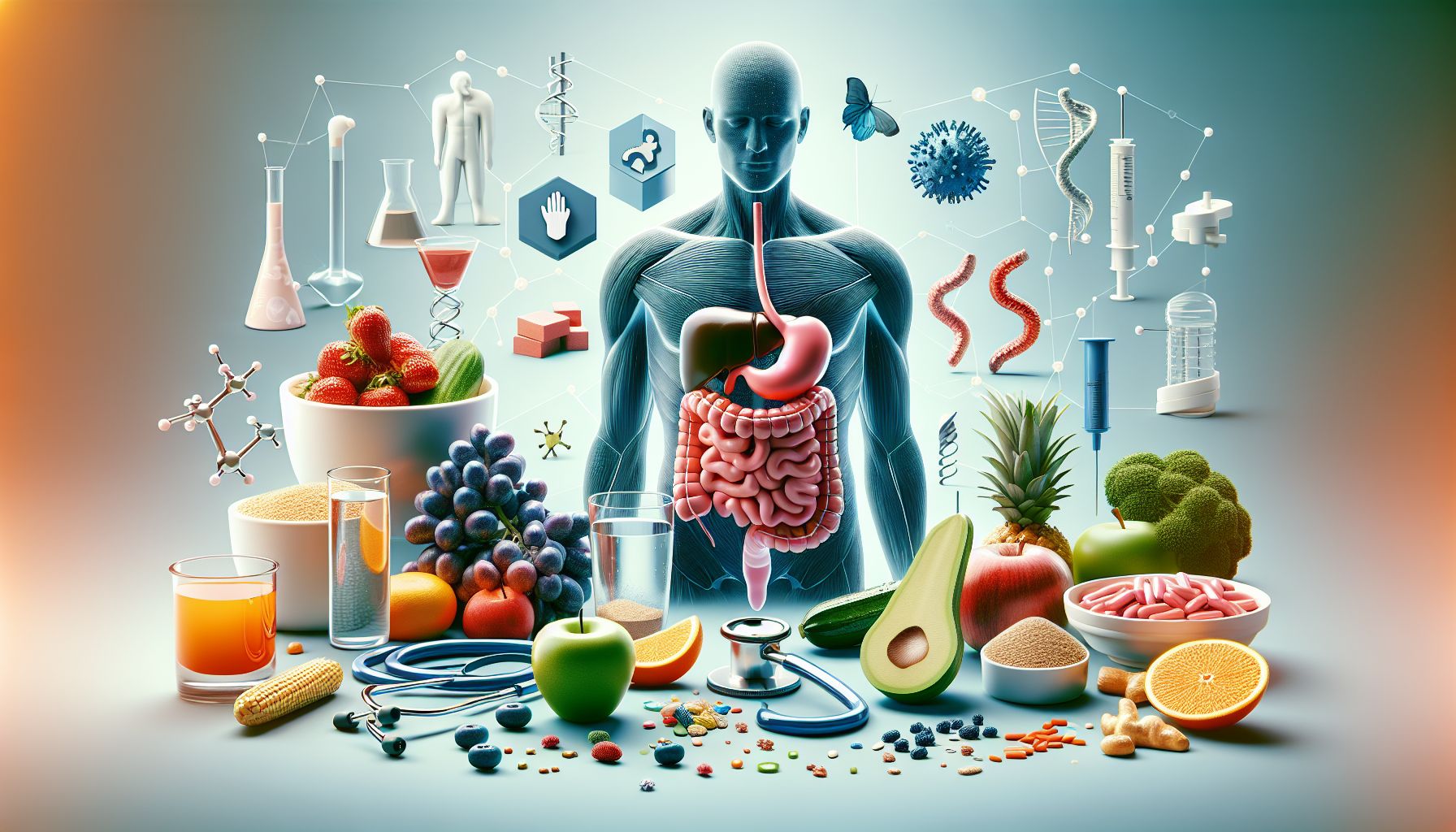
Gastrointestinal Health: An In-Depth Exploration
The gastrointestinal (GI) tract is a critical part of the human body, responsible for digesting food, absorbing nutrients, and expelling waste. Understanding its functionality and maintaining its health is essential for overall well-being. This comprehensive guide aims to provide valuable insights into the gastrointestinal system, its disorders, and how you can maintain optimal GI health.
What is the Gastrointestinal (GI) System?
The gastrointestinal system, also known as the digestive system, is a complex series of organs and glands that processes food. It converts food into the nutrients the body needs and eliminates waste. The main components of the GI tract include the mouth, esophagus, stomach, small intestine, and large intestine. Supporting organs such as the liver, pancreas, and gallbladder also play a crucial role in digestion.
### Mechanism of Action
The GI system works through a combination of mechanical and chemical processes. Digestion begins in the mouth with chewing and saliva, then continues in the stomach with gastric acids breaking down food. Nutrient absorption primarily occurs in the small intestine, while water and minerals are reabsorbed in the large intestine.
### Common Gastrointestinal Disorders
Indigestion and Heartburn
These are common issues often caused by overeating, stress, or consuming spicy or fatty foods. Symptoms include bloating, nausea, and a burning sensation in the chest.
Irritable Bowel Syndrome (IBS)
IBS is a chronic condition affecting the large intestine. Symptoms include cramping, abdominal pain, bloating, gas, and diarrhea or constipation. The exact cause is unknown, but it can be managed with diet and lifestyle changes.
Gastroesophageal Reflux Disease (GERD)
GERD is a more severe form of acid reflux, where stomach acids frequently flow back into the esophagus, causing irritation. Long-term GERD can lead to serious complications like esophageal damage.
### Recommendations for GI Health
Maintaining a healthy gastrointestinal system involves a combination of diet, lifestyle, and sometimes medication. Here are some expert recommendations:
– Balanced Diet: Incorporate a variety of fruits, vegetables, whole grains, and lean proteins. Avoid excessive consumption of processed foods and sugars.
– Hydration: Drink plenty of water to help digestion and nutrient absorption.
– Probiotics: Include foods rich in probiotics, such as yogurt and fermented products, to maintain a healthy gut microbiome.
– Regular Exercise: Physical activity helps stimulate digestion and can prevent constipation.
– Stress Management: Stress can negatively impact the GI tract. Techniques such as yoga, meditation, and deep breathing can help manage stress levels.
Medications and Treatments
When lifestyle changes aren’t enough, medications may be necessary. Always consult a healthcare professional before starting any medication.
### Over-the-counter and Prescription Options
– Antacids: These can provide quick relief for heartburn and indigestion by neutralizing stomach acids.
– Proton Pump Inhibitors (PPIs): These reduce stomach acid production and are used for GERD and peptic ulcers.
– Laxatives: Used for relieving constipation.
### Dosages and Usage
The dosage of any medication will depend on the specific condition, the patient’s health status, and the doctor’s recommendations. For example, PPIs are typically taken once daily before meals. It’s crucial to follow a healthcare provider’s guidance to avoid side effects.
Possible Side Effects
– Antacids: Can cause constipation or diarrhea if overused.
– PPIs: Long-term use may lead to nutrient deficiencies and increased risk of bone fractures.
– Laxatives: Overuse can lead to dependency and worsen constipation.
### Expert Insights
Dr. Jane Smith, a renowned gastroenterologist, emphasizes the importance of early detection and management of GI disorders. “Listening to your body and seeking medical advice at the first sign of irregularity is key in preventing more serious issues,” she advises.
Pharmacist John Doe also highlights the role of patient education in medication use. “Understanding how and when to use medications can significantly impact their effectiveness and reduce the risk of side effects,” he states.
Conclusion
The gastrointestinal system plays a vital role in maintaining overall health. By adopting a balanced lifestyle, staying informed about medical options, and seeking professional guidance when necessary, you can ensure your GI tract functions optimally. For those looking to explore high-quality medications and supplements for GI health, we recommend visiting our site for a wide selection of trusted products: Rauh Farm Fresh.
For more detailed information, refer to reputable medical sources such as the National Institute of Diabetes and Digestive and Kidney Diseases (NIDDK) and the American Gastroenterological Association (AGA). These organizations provide a wealth of research-based knowledge and resources.
